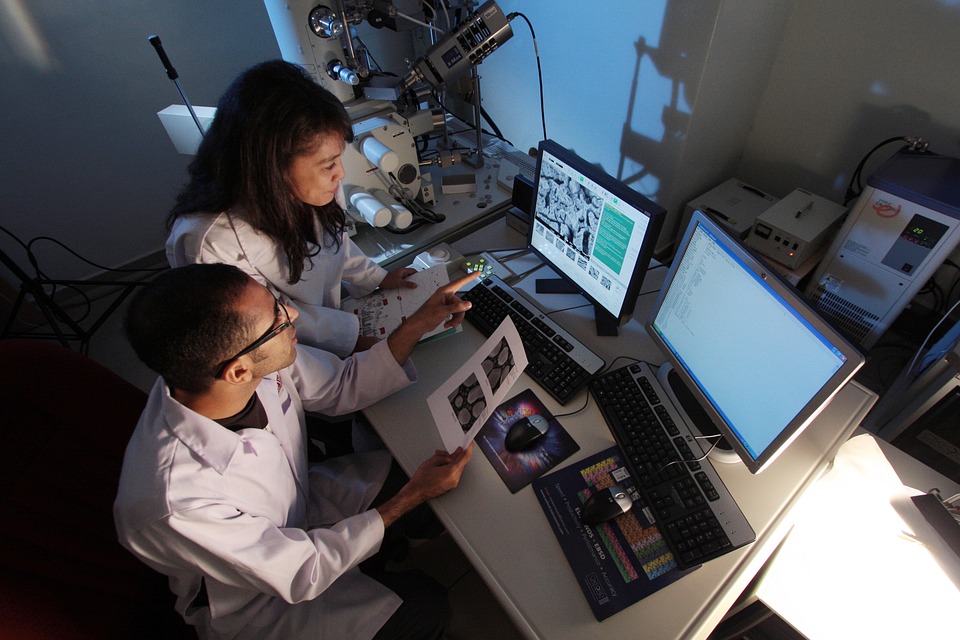Isotype conversion of Staphylococcal-specific IgG into IgM broadens the reactivity to other bacterial pathogens
A new study in Cell Reports Medicine shows that converting highly specific anti-Staphylococcus IgG antibodies into the IgM isotype can dramatically broaden their ability to bind and protect against other bacterial pathogens. The researchers found that the IgM versions, due to their pentameric and multivalent structure, gained cross-reactivity to several Gram-positive and Gram-negative bacteria—including E. coli and Neisseria meningitidis—and even conferred in vivo protection against Streptococcus pyogenes infection. This isotype conversion not only altered the antibody’s Fc functions but also changed the Fab-antigen interactions, thereby expanding binding specificity. The findings open a new avenue for designing broad-spectrum antibody-based therapies against resistant bacteria, offering a promising complementary strategy to antibiotics in tackling antimicrobial resistance.
AMR NEWS
Your Biweekly Source for Global AMR Insights!
Stay informed with the essential newsletter that brings together all the latest One Health news on antimicrobial resistance. Delivered straight to your inbox every two weeks, AMR NEWS provides a curated selection of international insights, key publications, and the latest updates in the fight against AMR.
Don’t miss out on staying ahead in the global AMR movement—subscribe now!






